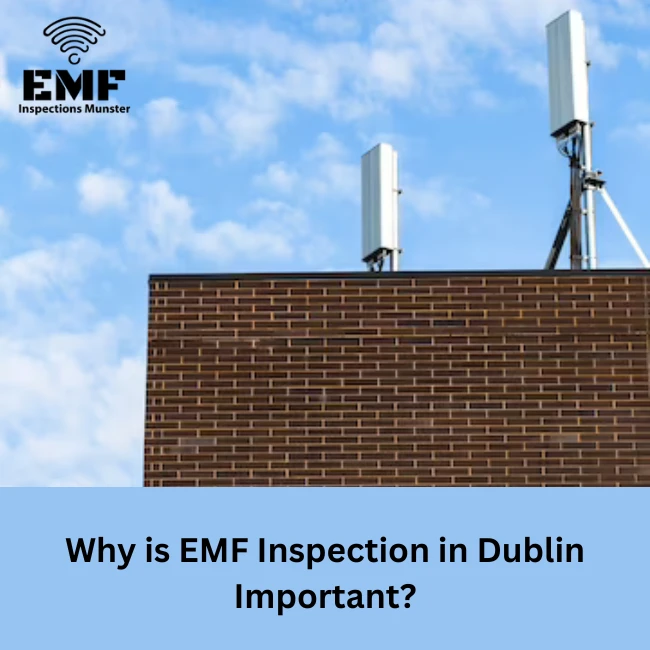Electromagnetic fields (EMFs) are all around us. They are created by power lines, electronic devices, and even the sun. While low-level exposure to EMFs is generally considered safe, there is growing concern over the potential health effects of prolonged exposure to high levels of EMFs. This is where EMF inspections come in.
What is EMF Inspection?
EMF inspection involves the measurement and evaluation of the electromagnetic fields present in a given environment. The purpose of the inspection is to determine the levels of EMFs present and whether they are within safe limits as recommended by regulatory bodies.
EMF inspections in Dublin are typically carried out in a variety of settings, including residential homes, offices, schools, and healthcare facilities. They are also required in industrial settings where high levels of EMFs are common, such as power plants and electrical substations.
Why is EMF Inspection Important?
The importance of EMF inspection lies in its ability to help us understand the potential risks associated with prolonged exposure to high levels of EMFs. While there is still much we don’t know about the long-term effects of EMF exposure, there is growing concern that it may increase the risk of certain health problems, including cancer, infertility, and neurological disorders.
EMF inspection can also help identify potential sources of high EMF levels, allowing for targeted measures to reduce exposure. This is especially important in settings where vulnerable populations, such as children and pregnant women, may be present.
What Does EMF Inspection Involve?
EMF inspection typically involves a few basic steps:
Site Assessment: The first step is to assess the site to determine the potential sources of EMFs. This may involve a visual inspection of the area, as well as a review of any available documentation related to EMF emissions.
Measurement: Once potential sources of EMFs have been identified, measurements are taken using specialized equipment designed to detect and measure EMF levels. This equipment may include gaussmeters, EMF meters, and spectrum analyzers.
Evaluation: The results of the measurements are then evaluated to determine whether EMF levels are within safe limits as recommended by regulatory bodies.
Recommendations: Based on the results of the evaluation, recommendations may be made to reduce EMF exposure. This may include measures such as relocating electronic devices or installing shielding.
Who Conducts EMF Inspection?
EMF inspections are typically conducted by professionals with specialized training and equipment. This may include engineers, electricians, or specialized EMF inspectors.
It is important to ensure that the individual conducting the inspection is properly trained and experienced in EMF measurement and evaluation. They should also be able to provide clear and accurate results, as well as recommendations for reducing EMF exposure.
Conclusion
EMF inspection is an important tool in helping us understand the potential risks associated with prolonged exposure to high levels of EMFs. By identifying potential sources of high EMF levels and providing recommendations for reducing exposure, EMF inspection can help protect vulnerable populations and ensure that we are living and working in safe environments. If you are concerned about EMF exposure in your home or workplace, consider consulting with a professional EMF inspector to help you better understand the risks and take steps to protect yourself and those around you.


